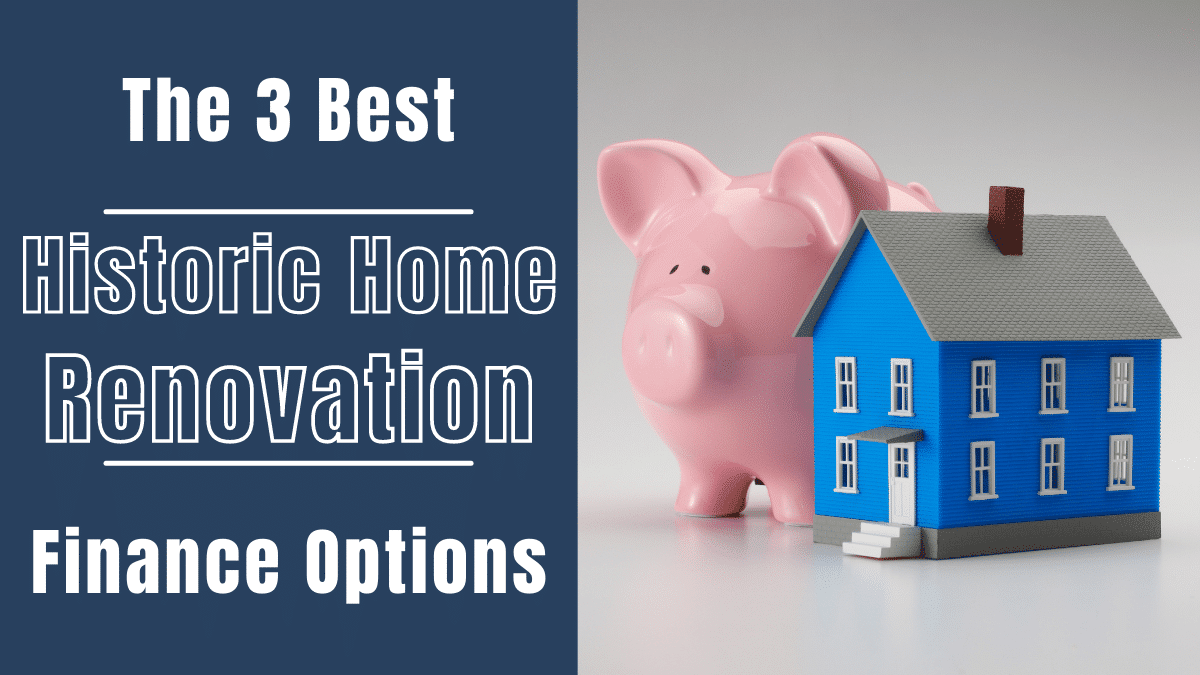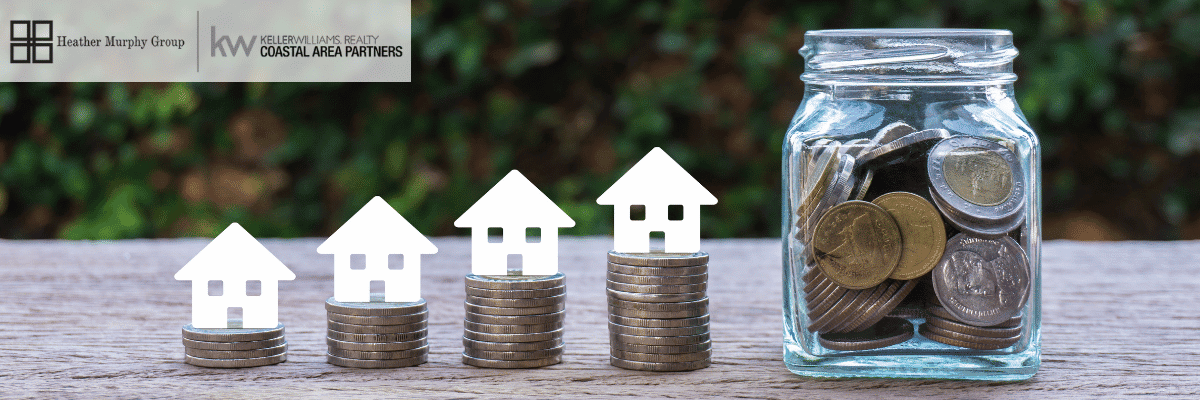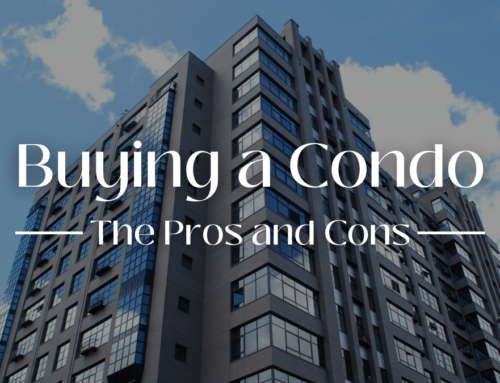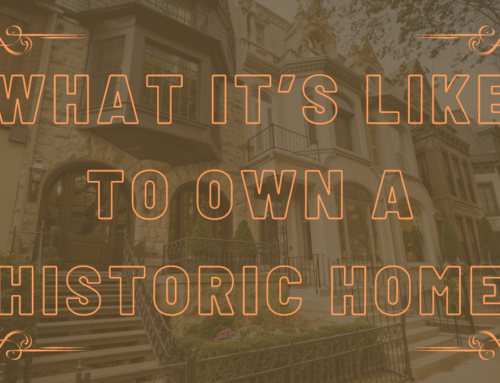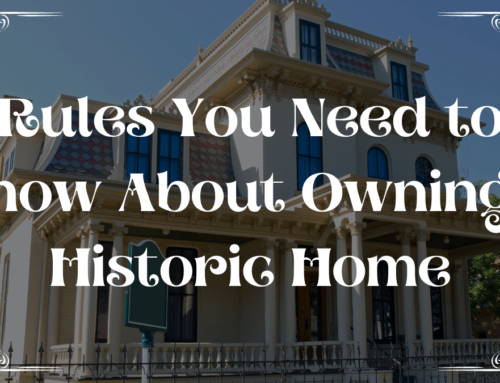3 Historic Home Renovation Finance Options
Buying a home is almost everyone’s dream, and the possibility of becoming a homeowner, especially of a historic home, can be thrilling. However, before you start searching historic homes for sale in Savannah, you need to decide on the best financing option to cover various expenses (such as renovation expenses) of your dream home can be difficult.
Which Home are Considered Historic
The National Register of Historic Places, which is where historic homes are listed, defines a historic house as one that is considered “architecturally valuable”. To be eligible for this designation, a home must adhere to a particular architectural style and be representative of a specific time frame. Another way a home can be added to the National Register of Historic Places is either if it was owned by or affiliated with a historical figure.
Things to Consider When Renovation a Historic Home
Since historic homes are older, they may not be under the current energy conservation practices. If you want to do renovations and make your home more comfortable while saving money on power, heating, and cooling, you can start by replacing your old light bulbs with LEDs. Of course, finding newer bulbs to match your current fixtures might be a challenge, but if that’s possible, you can make a big improvement without changing the look of your home.
Also, if your windows are drafty, as they often are with older windows, you may consider replacing them. Not forgetting this won’t be easy because you’ll need to find identical windows to the ones you currently have. As a result, custom windows that fit into your home’s existing casings may require premium payments. These are just a few examples of what it’s like to own a historic home.
When it comes to renovation financing options for your historic house, there are many choices to consider. But first, you should make sure that certain boxes are checked before making a decision. The following are some of the essential questions to ask yourself before you proceed:
What is Your Current Financial Situation
Understanding your current and potential financial ability is the first step in deciding on a financing option and the homes you want to look at. How much money do you make? Are your earnings sufficient to cover the monthly payments on the home you desire? The answers to these questions will assist you in making plans.
Do You Have All the Additional Details You May Need for Your Mortgage
Almost anyone who wants to buy a house needs a mortgage to help fund it. The lending institution will usually ask for details about your financial situation, such as your income and credit background, the house’s selling price, and copies of the appraised fair market value and certified house inspection. Lenders can also request details about deed limits, easements, or historic status regulations in the case of designated historic houses. It’s also a good idea to have the insurance for your historic home lined up.
THE TOP 3 BEST HOME RENOVATION FINANCING OPTIONS
FHA 203K MORTGAGES
The 203K mortgage program, operated by the Federal Housing Administration, backs renovation loans. There are a few prerequisites for the 203K. For instance, repairs must cost at least $5,000, and renovations must be completed within six months of the closing date.
The Federal Housing Administration subsidizes them to assist those with minimal financial resources in purchasing homes that need repairs. If a home you’re interested in requires more than $35,000 in repairs, you’ll need to apply for a regular 203(k) mortgage through the FHA. FHA 203(k) mortgages are also available for homes that need structural repairs. The FHA Streamline 203(k) mortgage is for homes that require less than $35,000 in repairs or renovations.
HOME RESTORATION LOAN
According to the Getty Conservation Institute, which is part of the J. Paul Getty Trust, a home-renovation mortgage, also known as a renovation loan, is a good option for purchasing homes that need significant work. A renovation mortgage pays for both the purchase price and the cost of renovations; the rate is normally lower than a separate home-improvement loan. You only have to pay closing costs and other expenses for one loan rather than two.
RENOVATION MORTGAGES
Renovations to make a historic home livable without losing its antique features can be costly, but mortgage services are available to assist.
When calculating the size of the renovation mortgage, bear in mind that replacing century-old windows or doors with off-the-shelf products from a home improvement store will not preserve the home’s historic character. To make the repairs, you’ll need wood and glass that suits what’s already in the building, as well as skilled craftspeople. Check to see if the loan you’re applying for would cover the anticipated cost.
MORTGAGE CHALLENGES
According to a report on CNN, conventional mortgages for historic homes can be three points higher than for a comparable contemporary home. Since renovating and maintaining a historic home requires more effort, lenders view it as a riskier investment. Your best bet is to ask the local or state preservation board for the names of lenders who have worked on similar projects in the past.
MORTGAGE DEDUCTIONS
According to the Getty Institute, one benefit of a home-renovation mortgage is that, unlike a loan specifically for renovation, you can report the money for renovation as part of your mortgage, resulting in a larger mortgage tax deduction if you itemize.
CONCLUSION
It’s not for the faint-hearted to renovate a historic home. There are a lot of rules for owning a historic home. If you’re willing to take on the burden of owning a historic home, you can expect to face several obstacles in the process of bringing it up to date so that you can enjoy it. What’s the good news? If you find the sweet spot, you’ll have a home that’s unlike any other — one that’s cozy, exclusive, and, in some instances, a very lucrative sale.



